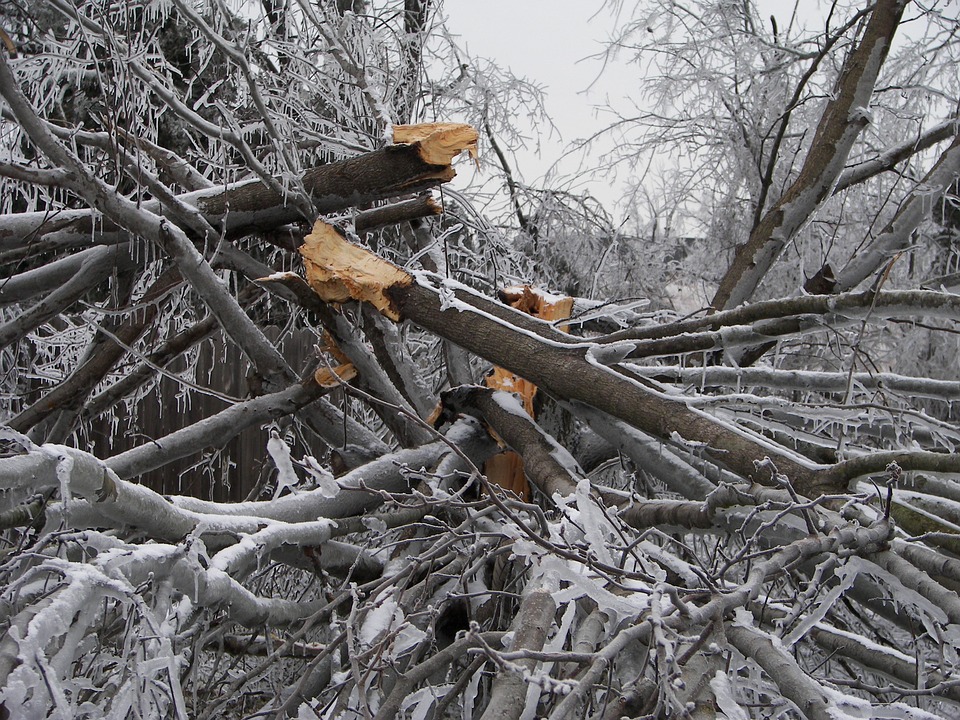There’s been a lot of ice and snow this winter season on the East Coast of America. To add to the mess, that accumulated ice and snow will eventually melt and the water has to go somewhere.
Typically, a “sump” is defined as a depression in a basement or other below-ground level structure where water accumulates. The “Sump Pump” is a mechanism that systematically drains this water in order to keep basement flooding and water-thriving micro-organisms to a minimum.
Sump pumps are an integral part of maintaining air quality, minimizing water damage, and bolstering foundation strength. If a sump pump is improperly installed, poorly cared for or too weak for the job it’s doing, the results can be catastrophic. Every year, people seek claims adjusters around Mount Laurel, NJ, Philadelphia and many other areas we serve due to a faulty sump pump causing their basement to flood or become saturated with ground-water.
When something goes wrong with your pump, often an insurance company will try to find reasons to put the blame on you, the property owner. Let AAA Public Adjusters keep that from happening when the problem arises. We’d also like to help you keep your property safe from basement and foundation flooding, so here are five tips to make sure your sump pump system remains effective throughout the year.
1) Get a Backup Battery System for Your Sump Pump
Backup battery systems are available for sump pumps, giving them an extra layer of security. During torrential downpours and heavy winter weather, power can go out for a plethora of reasons. As the power is out, water builds up in the sump of a property. With a proper backup battery in place, the water will continue to be drained even during power outages.
2) Keep Your Sump Pump’s Draining Outlet Clear
Sump pumps often have an outlet drain leading to the outer area of a property. During freezing weather and heavy snow, snow and ice will accumulate along these pipelines. In the winter it’s important to regularly check the outlet, unless it’s integrated with the area’s storm-drain systems. In the summer, debris, dirt and leaves can build up there. We can conclude that it’s important to check your sump pump drain outlet year-round.
If the outlet is blocked, the sump pump will overwork itself trying to drain when it cannot, which will inevitably result in the eventual death of the unit.
3) Have Your Sump Pump Regularly Checked Out.
You can keep your outlets cleared and keep the inlet screen that filters water into the sump pump clear. However, there are many internal elements that keep the machine running properly. In order to ensure your pump stays fully functional, we advise that you have a pro check your sump pump at least once every other year, and optimally, once per year.
4) Make Sure Your Sump is The Right Size for the Job.
There are many varieties of sump pumps, varying in power and size. Each of these pumps has limitations. Make sure that when you purchase and/or install a sump pump system, that it is the proper size for the property it’s being installed for.
If you buy a pump that’s too big for a small area, you’re going to spend more than you have to on power and the unit itself. Buy one that’s too small, and you risk blowing out the pump and possibly a circuit breaker, which will result in nasty basement flooding. Size is important when looking for a sump pump for a property. When in doubt, always consult a plumbing or sump pump expert.
5) Invest in Quality Dehumidification
Your sump pump will gather a good amount of run-off that occurs below your property. However, some of this water does evaporate and end up in the air in your basement. We’re sure you’ve heard of people referring to basements as musty, damp, etc. A lot of this has to do with evaporation and buildup of water in the air. Water that builds up in the air as humidity eventually condenses on the walls, flooring, electronics, and anything else in the way.
Your sump pump only does one part of the job in your basement. Invest in quality dehumidification and you’ll control any damage that water entering and exiting your sump pump system can cause to the air quality or upholstery of a basement area.
That being said, we hope this was informative for our readers. Every winter, sump pump failures cause basement flooding and property damage, which can result in lengthy claims battles with insurance companies.
When you do have to battle with your insurance company, let AAA Public Adjusters take your side in the feud. Until that happens, take great care of your sump pump and drainage systems, and we promise they’ll take good care of you.




